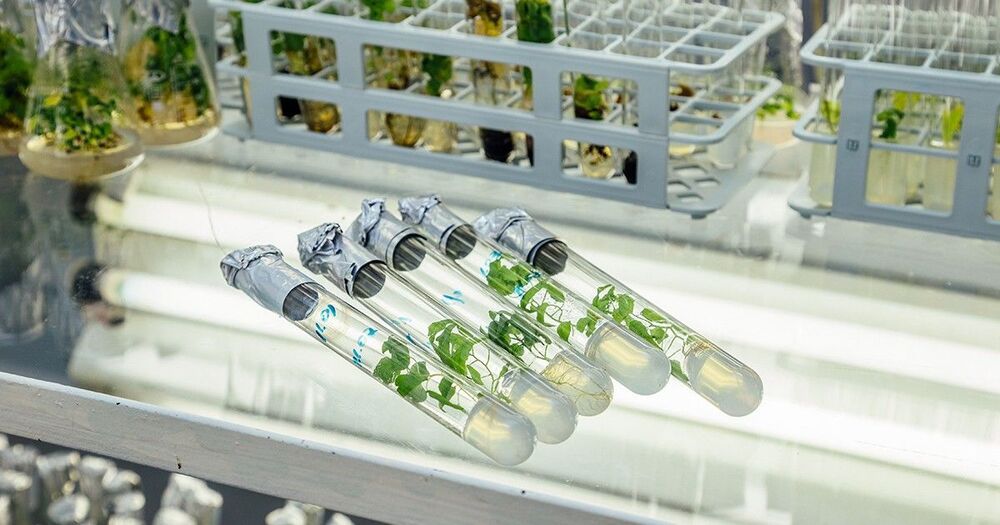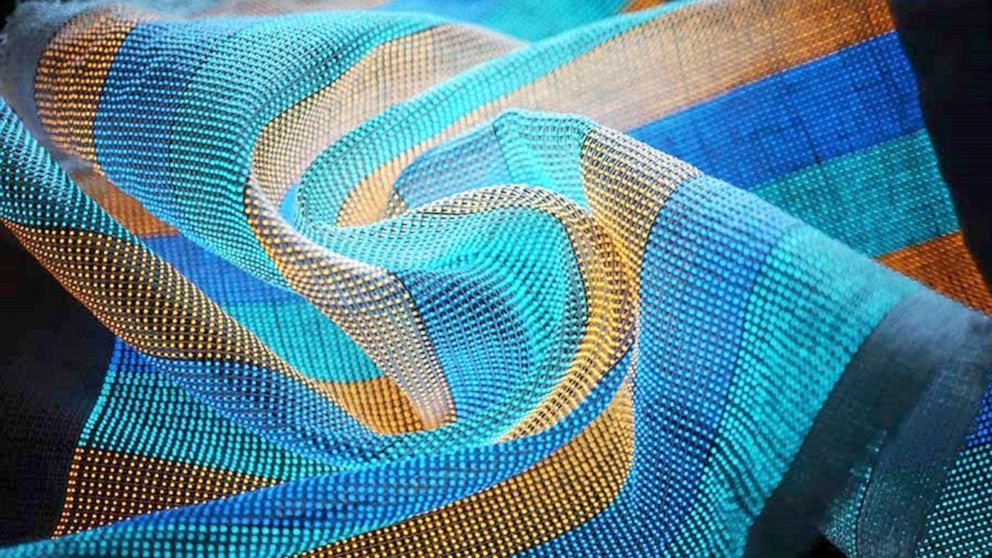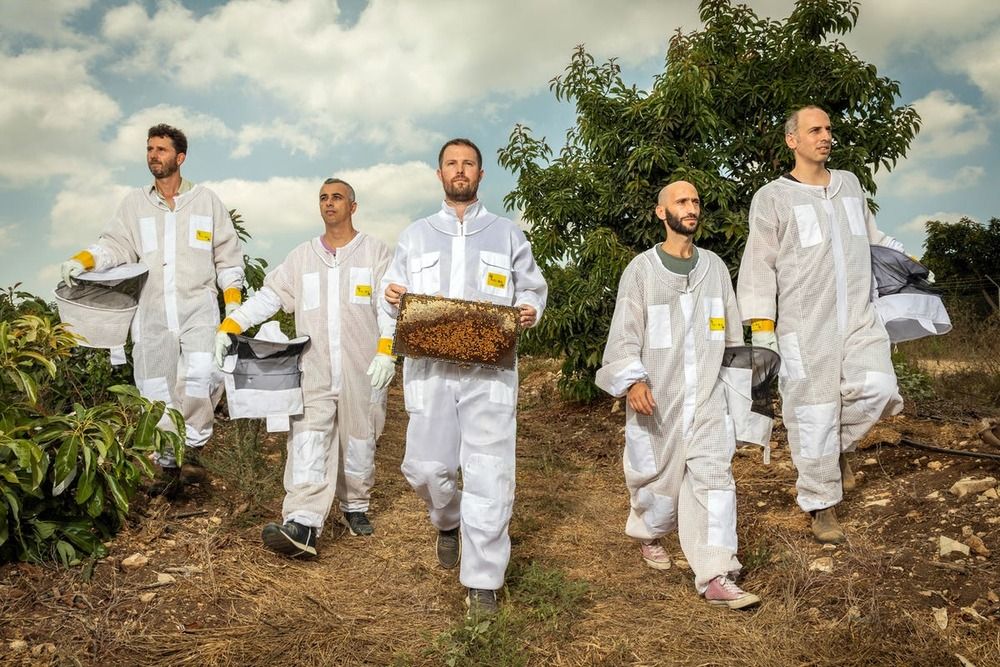The New York Times Apr 09, 2021 17:29:04 IST
Evidence is mounting that a tiny subatomic particle seems to be disobeying the known laws of physics, scientists announced Wednesday, a finding that would open a vast and tantalizing hole in our understanding of the universe. The result, physicists say, suggests that there are forms of matter and energy vital to the nature and evolution of the cosmos that are not yet known to science.
“This is our Mars rover landing moment,” said Chris Polly, a physicist at the Fermi National Accelerator Laboratory, or Fermilab, in Batavia, Illinois, who has been working toward this finding for most of his career.








